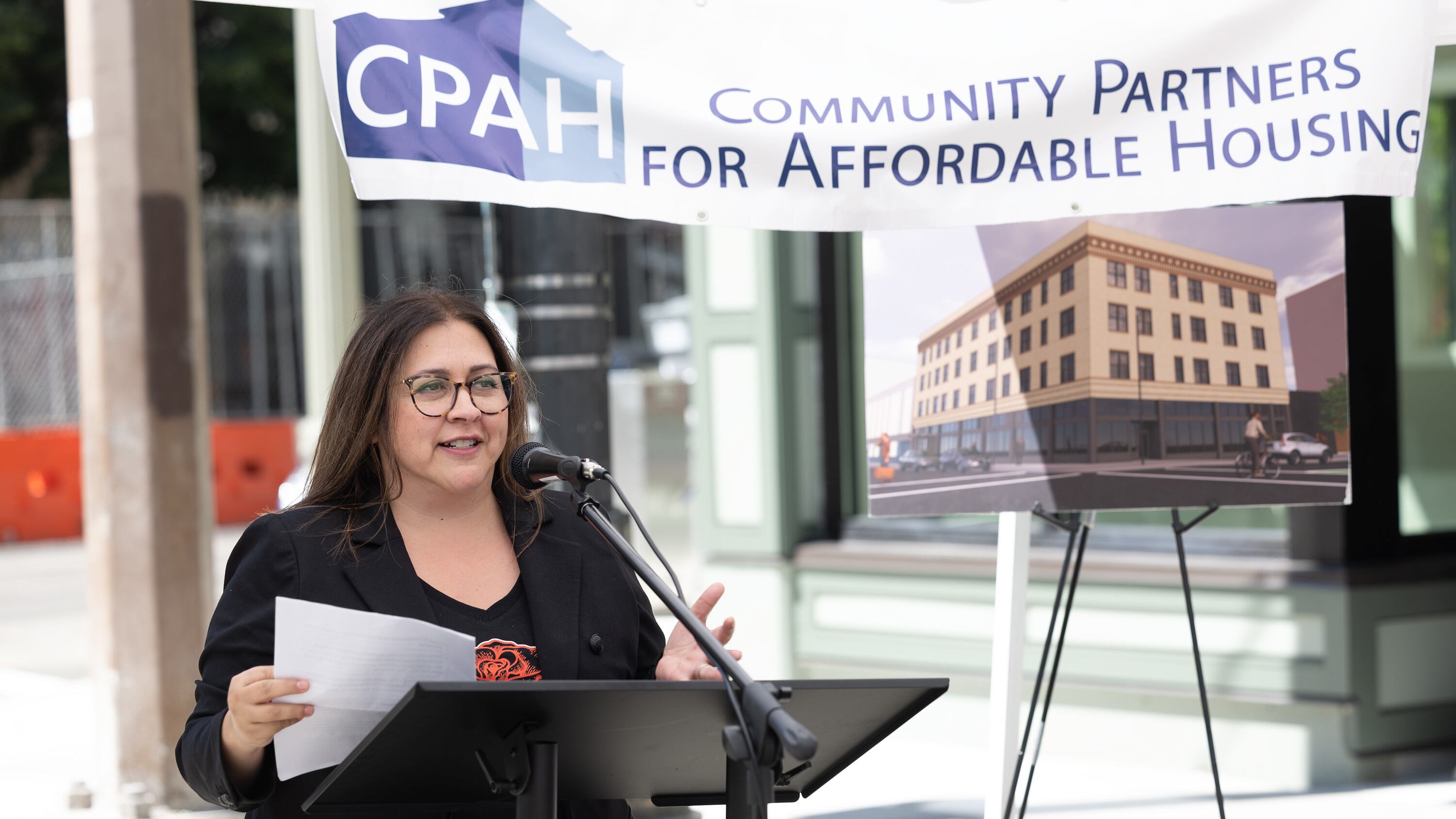Commissioner Carmen Rubio recently persuaded her colleagues on the Portland City Council to consolidate all of the city’s permitting employees, currently spread over seven bureaus, into a single office by next summer.
The aim was simple (though getting it approved was not, thanks to an ill-fated alternative plan proposed by Commissioner Mingus Mapps): Rubio wants to hand out construction permits to developers faster so they can build housing faster.
But emails over the past month would suggest there’s been internal pushback to the plan by city bureaucrats, particularly from Michael Jordan, the city’s chief administrative officer, who’s overseeing the city’s transition to a new form of government.
THE CORRESPONDENCE
Bureau of Development Services director Rebecca Esau (who retires in December) wrote in a Sept. 11 email to Rubio that she was concerned Jordan was slow-walking the consolidation process.
“He said the consolidation is going to take us backwards and make things worse for a while and disrupt our progress,” Esau wrote to the commissioner. “It was clear he is not supportive of the resolution.”
Esau added: “The directors and [project manager] all know he is opposed to consolidation. So essentially they have his permission to undermine and stall this project.”
Rubio forwarded the email to Mayor Ted Wheeler, to whom Jordan reports, and the mayor’s chief of staff, Bobby Lee.
“Can we talk about permitting to ensure Michael Jordan is following the intent and urgency of our resolution per our and the community’s understanding?” Rubio wrote. “The email below, along with unsolicited comments from other City staff, about what is being communicated appears contrary to what we agreed and what community stakeholders understood.”
Lee responded to Rubio that Jordan was following the direction of the resolution.
“To this point it’s been clear from Michael that the consolidation will happen based as outlined by the resolution timeline,” Lee wrote. “I just spoke to him just now and he confirmed to me again.”
Rubio appeared unconvinced and asked to meet with the mayor and Jordan in person to discuss the matter. “We have a sincere desire to move forward and get this going,” Rubio wrote.
WHAT OFFICIALS SAY
It’s been a month since those emails, and Rubio now says she and Jordan have moved closer to an agreement—but adds that her concerns remain.
“I was surprised, and frankly very concerned, to learn from bureau staff how Director Jordan spoke about the work ahead and the eventual outcome. Our visions were clearly very different,” Rubio tells WW. “I’m still not convinced that there is a recognition that the final outcome needs to be truly aligned with the needs of those who do community and housing development projects to be effective.”
A spokeswoman for Jordan says Rubio’s fears are misplaced.
“Michael Jordan is enthusiastically overseeing the consolidation of Portland’s permitting services, as directed by City Council,” Carrie Belding says. (Esau wrote in a mid-October email that she felt “more hopeful now” that Jordan was following the directive.)
WHY IT MATTERS
The city’s permitting system for decades has been so fractured and disjointed that developers say it has measurably slowed their ability to build housing that the city pines for. Rubio aimed to fix that with her consolidation plan, and had the support of business groups and trade unions.
But the plan was far less popular among city bureaucrats. The directors of the parks, Transportation, Water and Environmental Services bureaus panned Rubio’s proposal—which the City Council would later pass by a 5-0 vote—writing in a July letter that it would slow progress already taking place within permitting bureaus. Jordan is in charge of a larger reshaping of those bureaus.

